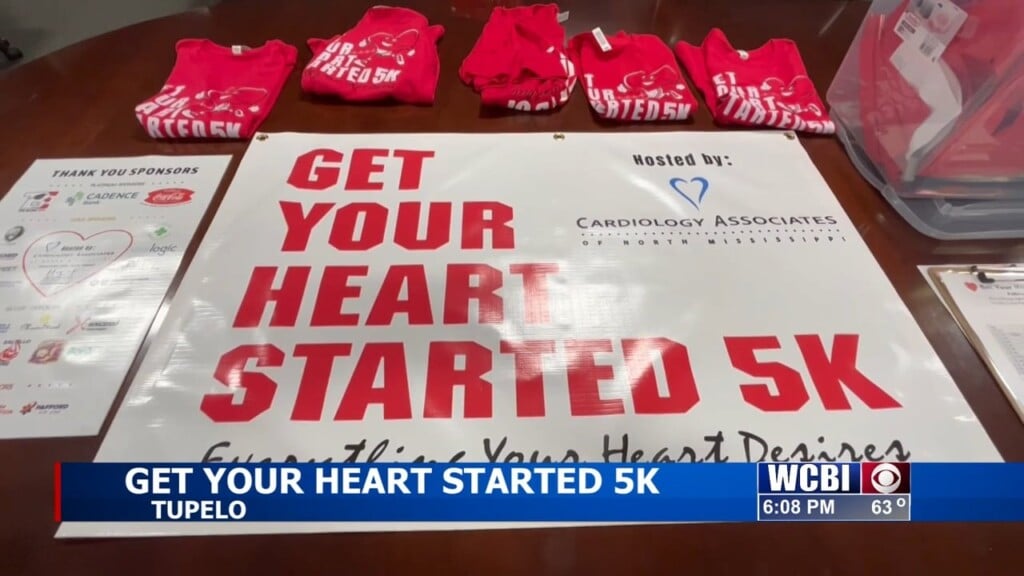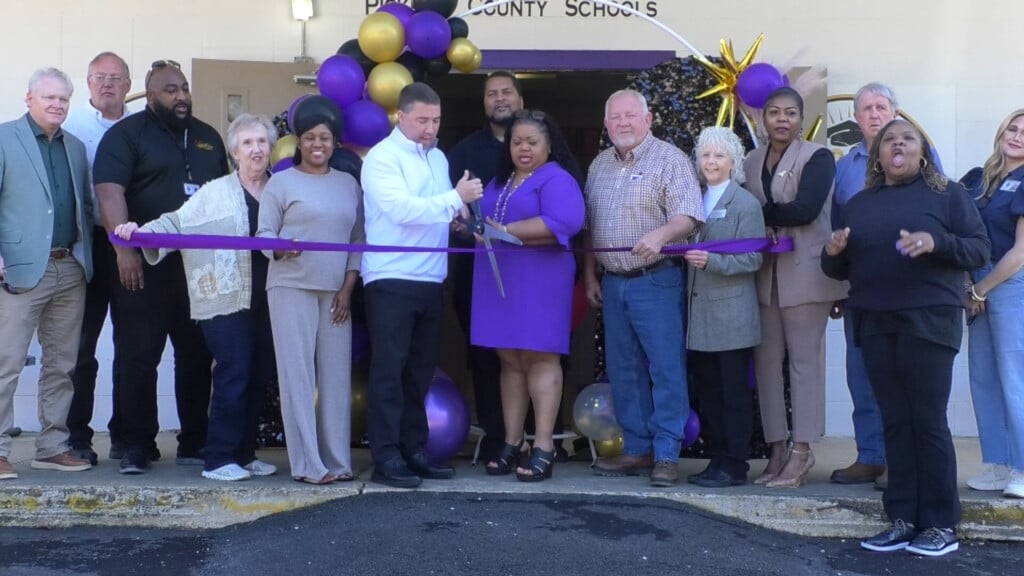Mental health expert gives tips for suicide prevention
COLUMBUS, Miss. – It costs nothing to be kind, and it may even save a life.
September is National Suicide Prevention Month.
When life becomes overwhelming, it can sometimes feel as if all hope is lost.
This month, agencies across the country are spreading awareness and educating the public on how to help prevent death by suicide.
“It is a major health crisis, and we have to treat it like a major health crisis,” said Veronica Harrison, MS LPC-S.
Veronica Harrison is the Lowndes County Administrator for Community Counseling Services.
If you’re with a person who is struggling, she said, one of the first things you can do is listen.
“Sometimes they just need you to hear them, without judging them, without telling them how you would do it, or how they should do it. Just hear them and let them know it’s ok. If a person needs your guidance or advice, allow them to ask you for it. Don’t always throw it in,” said Harrison.
The Mississippi State Department of Health said suicide is the third leading cause of death for people in Mississippi, ages 10-24.
Half of that age group are adolescents.
Harrison said children being exposed to difficult things at an early age can sometimes contribute to poor mental health.
“Trauma, trauma happens earlier, children have distinct needs just like adults. They have things they’re facing, peer pressure is harder,” said Harrison.
She says social media can also have negative effects on mental health.
She advises creating a safe space for children to express how they feel.
However, for any age, she says there are some common signs that point to someone struggling.
“If someone has been completely depressed and down for a long period of time, and all of sudden, they’re extremely elevated, that sometimes a trigger,” said Harrison.
Drastic changes in moods or behavior are also signs.
The Columbus Police Department has been learning how to handle those experiencing a mental health crisis.
The Crisis Intervention team has been in effect for 5 or 6 years.
“With CIT, we’re all about showing compassion, all about showing empathy. With that type of tool on their belt, it certainly helps the officer and also the person who is in the crisis,” said Captain Kennedy Meaders, the CIT training coordinator.
The CIT involves a 40-hour class led by MSDH or Community Counseling Services.
Captain Kennedy Meaders agrees with having a listening ear.
“The most important thing we learn to do is to listen. We listen to what the person in crisis is doing. We call them consumers. We listen to what the consumer is saying, and we ask them questions. And basically, it’s not just to give me a ‘yes’ or ‘no’ answer. It’s to tell me how you’re feeling, tell me what’s going on,” said Meaders.
He said their goal is to get them into a Crisis Stabilization Unit.
They also take them to the hospital to see if they need evaluation or further help.
“Check in on yourself and check in your friends,” said Harrison.
There are eight CIT officers at CPD, and the department has one on each shift.
If you are in crisis, Harrison advises getting professional help or talking with a trusted friend or family member.
Monday, September 8, was also 988 Day.
988 is the National Suicide and Crisis Lifeline.
If you or someone you know is struggling with suicidal thoughts, you can call this number or reach out to your county’s Community Counseling Center.




